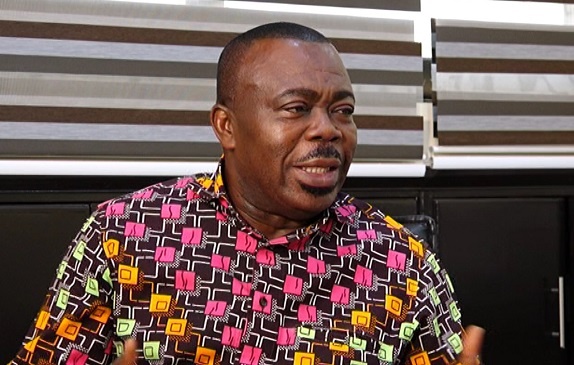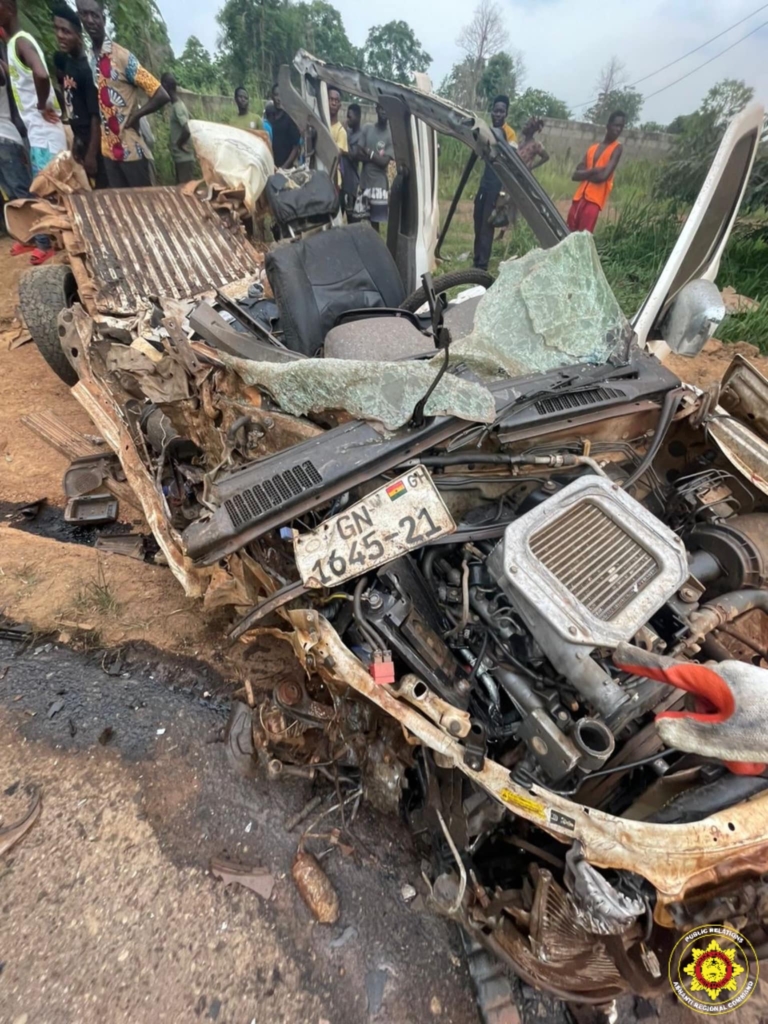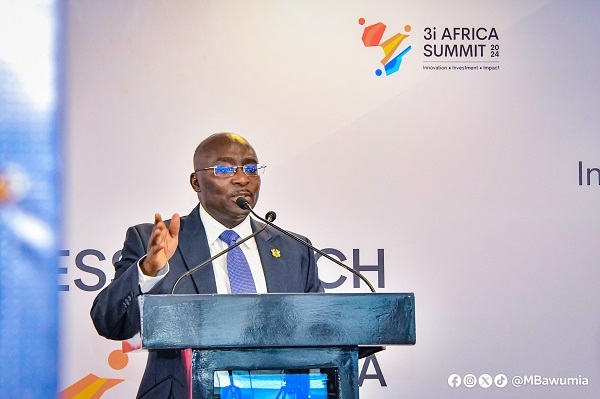
Free SHS, dumsor and fight against galamsey to dominate 2019 ISSER Report

Challenges with the implementation of the flagship Free-SHS programme, independent assessment of the fight against illegal mining and whether the erratic power supply situation popularly known as ‘dumsor’ will return are the main issues tackled in this year’s Ghana Social Development (GSDO) outlook.
The report is published by the University of Ghana’s elite research establishment, the Institute of Statistical, Social and Economic Research (ISSER).
ISSER has since 2012 demonstrated consistency in producing one of its flagship evidence-based research and analysis document titled Ghana Social Development outlook (GSDO) with the aim to inform the national discourse and policy.
The maiden edition provided the much-needed context - relevant and timely information for policymaking and course material for teaching social development and related issues in Ghana. The Institute has since 2012 been producing the SDO every other year.
The current edition (GSDO 2018) which is scheduled to be launched on October 1, 2019, has nine chapters, with different but inter-related topics on social development in Ghana. It starts with an Overview chapter followed by the other key topics, namely, Education, Health, Water and Sanitation, Housing, Energy, Environment, Employment, Governance, and Gender Equity.
In education, key issues highlighted include: what is the likely effect of the free SHS on private schools in providing complementary education and employment? As the government continues to promote improvements in teacher training and capacity against the backdrop of the current national discourse on curriculum review, access, equity and quality.
In the health sector, the burgeoning problem of the abuse of tramadol, a prescription drug for pain relief, which has several hazardous and even fatal side effects are discussed. Also, the poor state of school health initiatives and facilities in Ghana were discussed.
In terms of water and sanitation, the report examines progress in relation to SDG Goal 6. The limited spatial disparity in access to water and sanitation is well noted and the challenges of galamsey on water bodies has been well documented in the report. Open defaecation and other insanitary conditions persist despite the Community-Led Total Sanitation (CLTS) programme currently implemented in 55 districts in nine regions (MWSR, 2017); the One House-One Toilet Programme, and the National Accelerated Toilet Access Programme.
In the area of housing, the opportunities and challenges facing affordable housing schemes in Ghana in the face of a growing demand for housing remain a major area of concern. The continuing growth in informality, slums, streetism and homelessness in Ghana are well noted and documented.
Employment, a major campaign promise of successive governments has been extensively discussed in the report. The predominance of the informal sector, which is characterized by low productivity, self-employment and casual wage work which does not provide livelihood security or decent terms and conditions for workers is well documented in the report.
Trade remains the major employer of the workforce in urban areas, while agriculture remains the major employer in rural areas, and on a declining trend that is unlikely to change in the conceivable future. The contribution of artisanal and small-scale mining (ASM) to employment creation and its potential is carefully analyzed in the report.
The chapter on energy discusses Ghana’s rising urbanization and population and associated increased energy consumption. Although installed capacity has increased and the frequent power outages have declined, rising crude oil prices in recent times poses a threat to utility tariffs and cost to consumers. Strategies to diversify Ghana’s energy mix, tracking implementation of the Cash Waterfall Mechanism (CWM), increased LPG use, creating awareness of the benefits of improved cooking stoves and building energy research and capacity have been discussed in the report.
In the area of governance, the report notes that although there has been advances to promote good governance, many challenges remain. There has been mixed progress in the effectiveness and efficiency of service delivery, accountability, transparency, public access to information, anti-corruption, rule of law, human rights and enhanced participation and inclusiveness of vulnerable groups.
Issues relating to Ghana’s environment were not left out. The report also provides data on how the key drivers of freshwater pollution in have had a deteriorative impact on water systems. Discussions include the destruction of water bodies by small-scale miners and impact of illegal (galamsey) mining activities. The considerable contribution of marine resources to Ghana’s socio-economic development in the light of their current rapid decline in volume and quality is well documented in the report.
GSDO 2018 inaugurates a new thematic area with a chapter on gender equality in Ghana. It is worth noting that Ghana’s rankings and scores on gender equity have been comparatively better than those of its sub-regional neighbours such as Côte d’Ivoire, Benin, Nigeria and Burkina Faso. Similarly, Ghana’s scores on the Gender Development Index (GDI) was comparatively better than those of its neighbours. The report also presents detailed national gender data in various sectors, revealing a mixture of positive and negative changes in the social norms, institutions and practices that shape the lives of women and adolescent girls in Ghana.
The date and venue for the programme are as follows:
Date: October 1, 2019 at 9.30 am
Venue: ISSER Conference Facility






